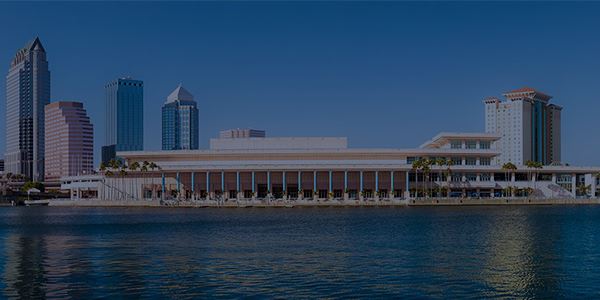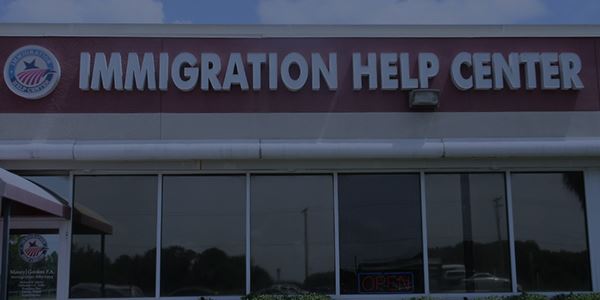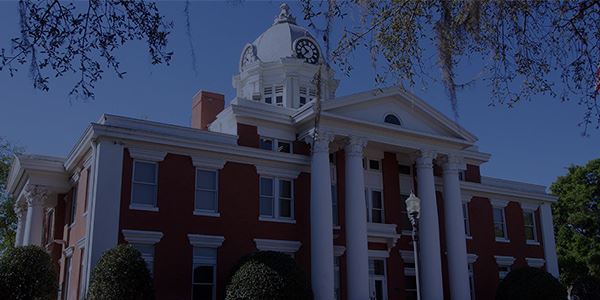In the United States, the current cap for H1-B visas is 65,000 per fiscal year, with an additional 20,000 available to foreign nationals who have earned a master’s degree or higher from a U.S.-based institution. Furthermore, 6,800 of the 65,000 are designated for applicants under the U.S.-Chile and U.S.-Singapore free trade agreements.
This low number of visa allocations has the potential to cause significant strain on U.S. employers looking to hire foreign nationals. Per the United States Citizen and Immigration Services (USCIS), 308,613 registrations were submitted in fiscal year 2022 by employers hoping to secure an H1-B visa for their prospective employees.
Assuming that this number only stands to increase as the world moves beyond the COVID-19 pandemic and more jobs become available, it’s essential to be aware of how these caps create strain on U.S. employers and the steps one should take to secure a visa.
Navigating This Issue
The low cap of 65,000 visas translates into intense competition for those spots, as far more people are vying for them than available. With more and more applicants registering every year, securing one of these spots may feel overwhelming and impossible, and even those who manage to secure a spot may still face challenges within the immigration system.
For one challenge, it was recently announced that the FY 2024 registration process resulted in thousands of incomplete applications, as technical issues within the system impeded upon registration. Although USCIS chose to remedy this issue by extending the registration deadline several days, it creates additional stress on top of an already complicated process.
How Does This Impact Employers?
The low cap and intense competition for visas can have a major impact on U.S. employers. It means that, even if they find the perfect foreign national to fill their job opening, they may still be unable to hire them due to the lack of available H1-B visas. This can lead to lost productivity as companies are forced to delay hiring or use more expensive alternatives to find qualified workers, such as using temporary staffing agencies. In addition, with the number of applications increasing every year, there is also a greater risk of rejection due to USCIS’s stringent criteria for approving visas.
Because of this and other potential issues, it is essential that employers understand how to navigate this system and are aware of how best to approach it when hiring foreign nationals so they can maximize their chances of success when applying for an H1-B visa in the future.
What Employers Can Do To Increase Their Chances Of Securing An H1-B Visa for Employees
The first step any employer should take when working with a prospective employee to secure an H1-B visa is consulting with a lawyer specializing in immigration law. An experienced attorney will be able to provide valuable insight into what documents need to be included in your application as well as tips on how best to prepare and present your case before USCIS officers review it.
Additionally, an attorney can help you understand all the required steps to file an H1-B application, such as processing times and potential delays that may arise during processing time due to backlogs or other factors (like the aforementioned technical issues).
Finally, if you’ve already submitted your application but haven’t received any response, don’t hesitate to reach out for legal advice immediately —it's always better to be safe than sorry when dealing with government agencies like USCIS. Consulting with an attorney early on will save you precious time and money down the line, as well as give you peace of mind knowing that everything was done correctly and efficiently.
What Can Foreign Nationals Do to Prepare?
Foreign nationals looking to secure an H1-B visa should also take the time to properly research and understand all the requirements associated with their application. This includes understanding any language or cultural nuances specific to their native country that may be important when preparing documents for USCIS officers. Additionally, foreign nationals should spend time brushing up on current U.S. laws and regulations related to immigration, as well as understanding the differences between H1-B visas and other visa types. Finally, it is important for foreign nationals to work with an experienced attorney who can offer specific advice on how best to prepare their packet and guide them through the process of obtaining their visa.
You May Also Enjoy: What are the Current US Immigration Policies?
Where to Go From Here
With more applicants competing for fewer spots each year due to the limited cap on H1-B visas allocated by USCIS, it is essential that employers take extra care when preparing their applications prior to submitting them online or via mail. Consulting with experienced attorneys who specialize in immigration law can provide invaluable insight into which documents must be included to file successfully, as well as tips on how best to prepare and present cases before review from USCIS officers, which could significantly increase approval rates.
How Our Board-Certified Immigration Specialists Can Help
At Maney | Gordon | Zeller, P.A., our experienced and Board-Certified** immigration specialists are here to help employers navigate the complex process of applying for an H1-B visa. Our team is passionate about protecting your rights and doing everything possible to ensure a positive outcome for you and your prospective employee. Contact us to schedule a consultation today by calling (800) 708-4399 or filling out this short form.







